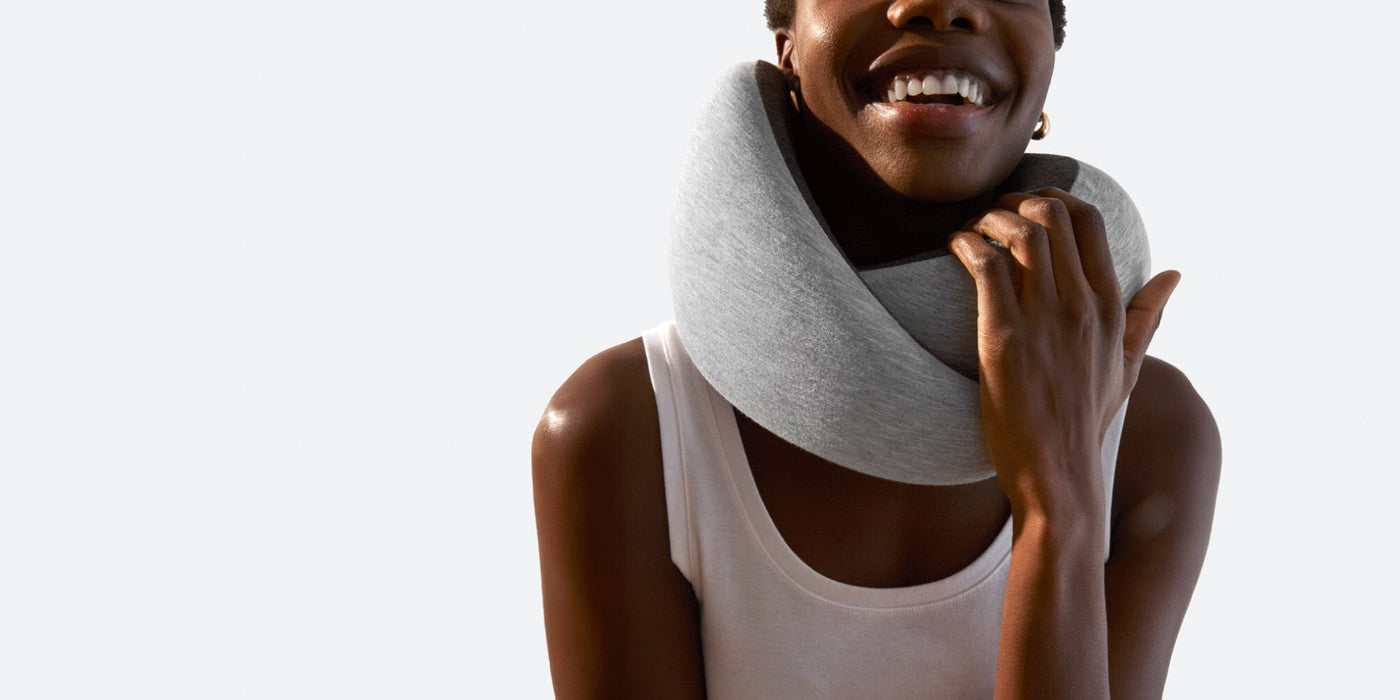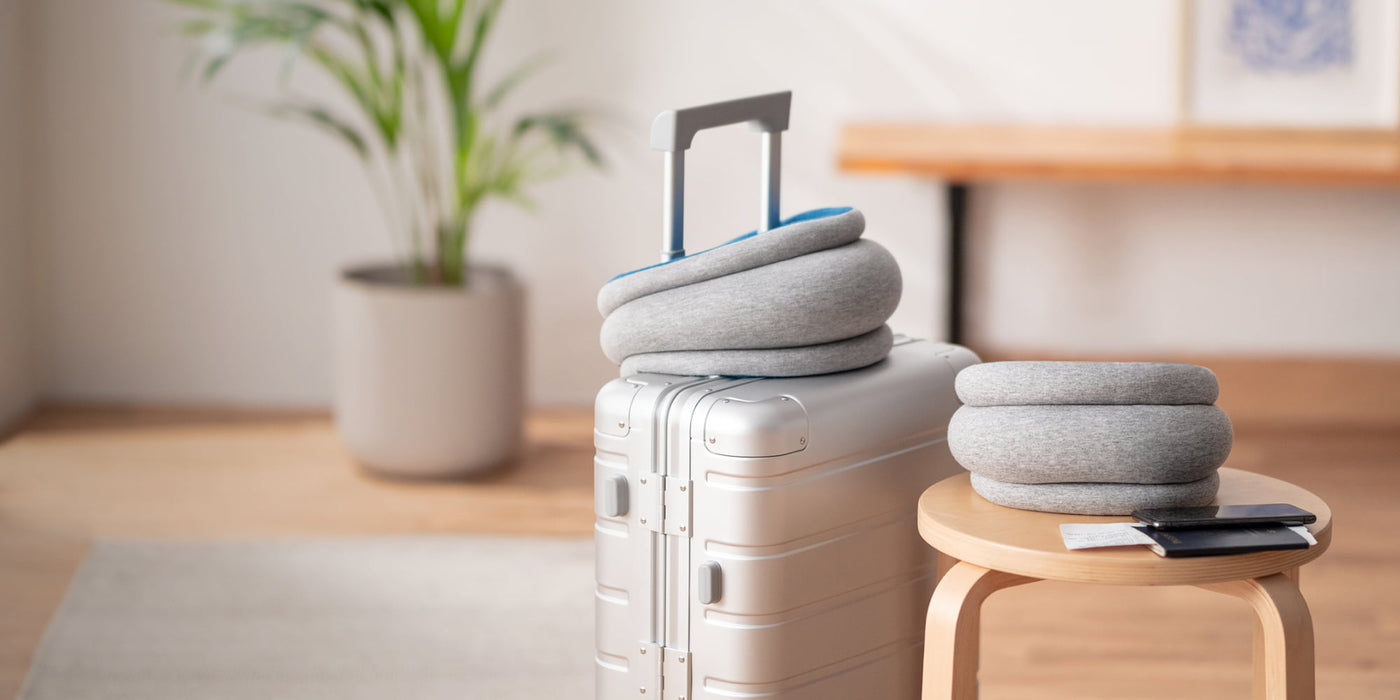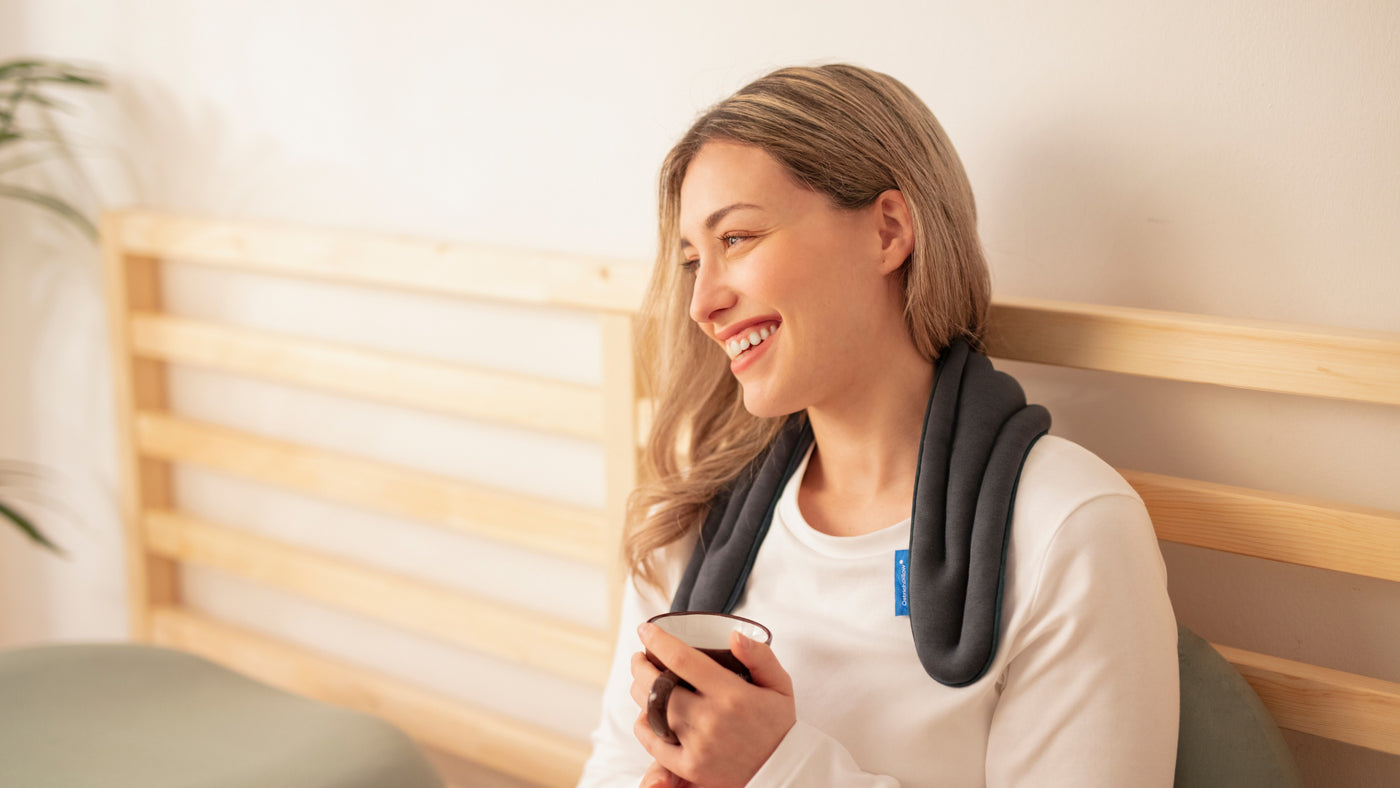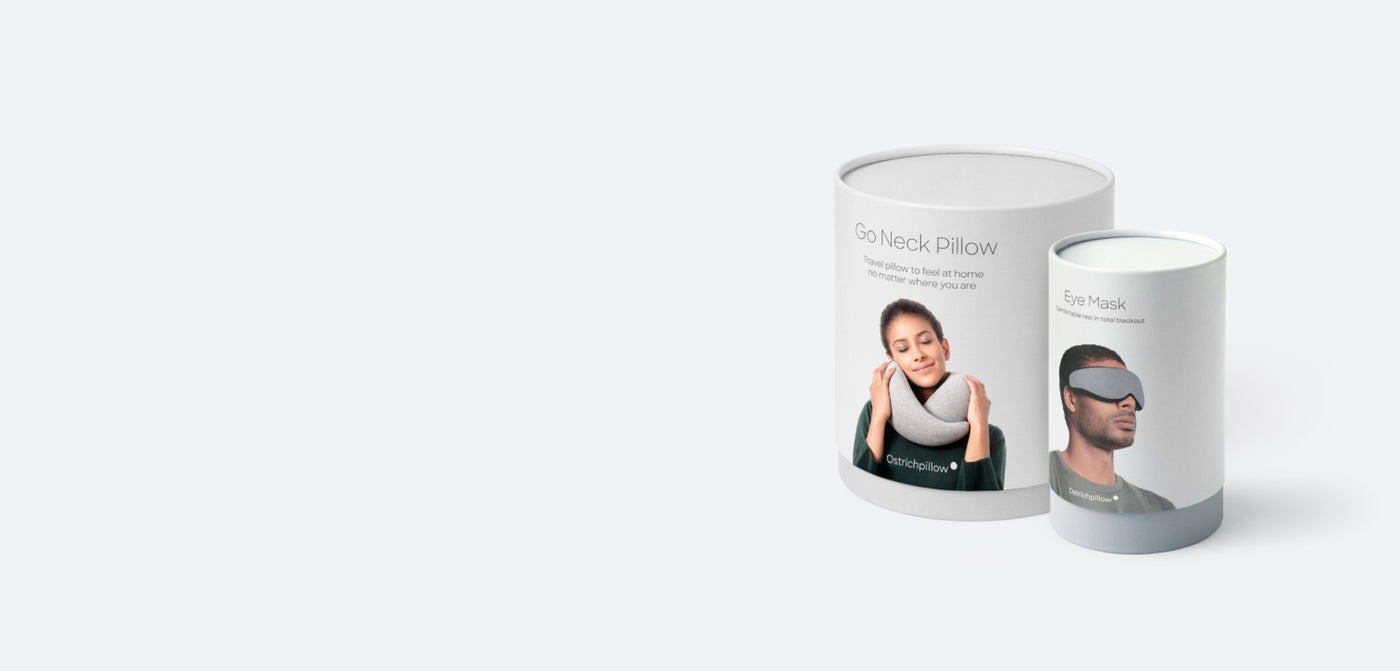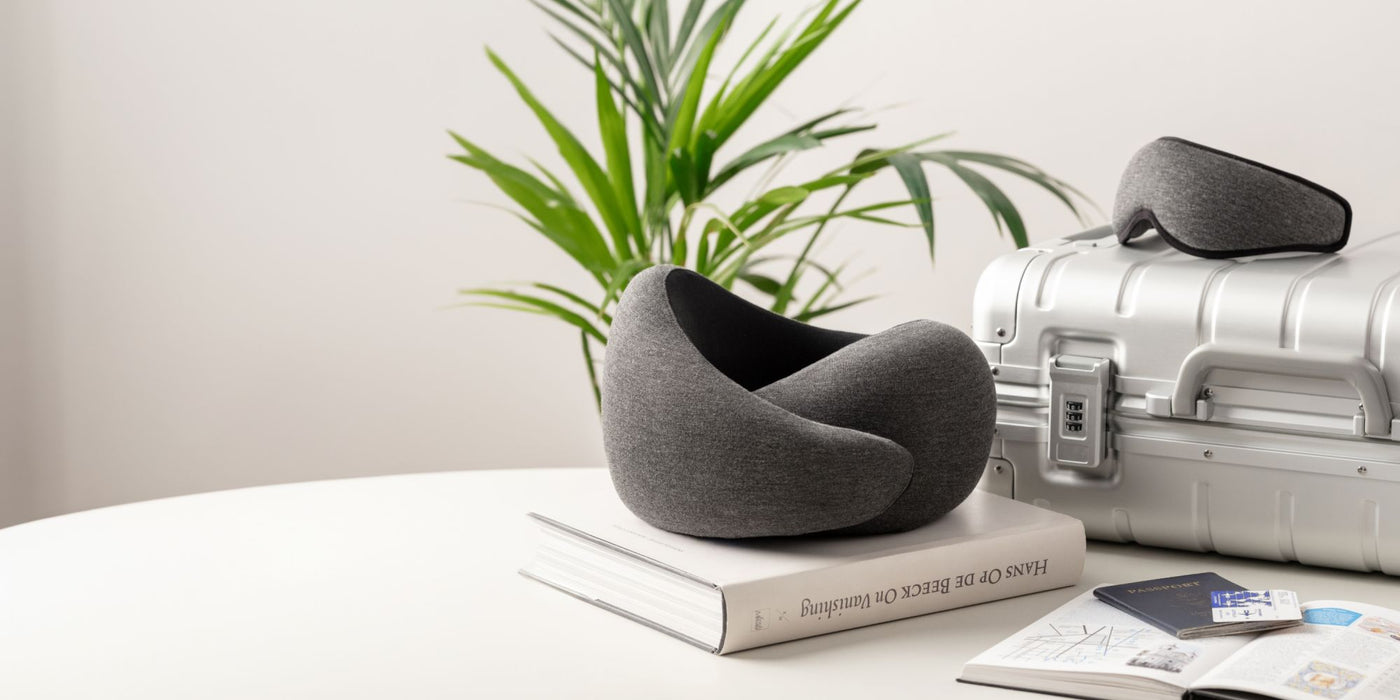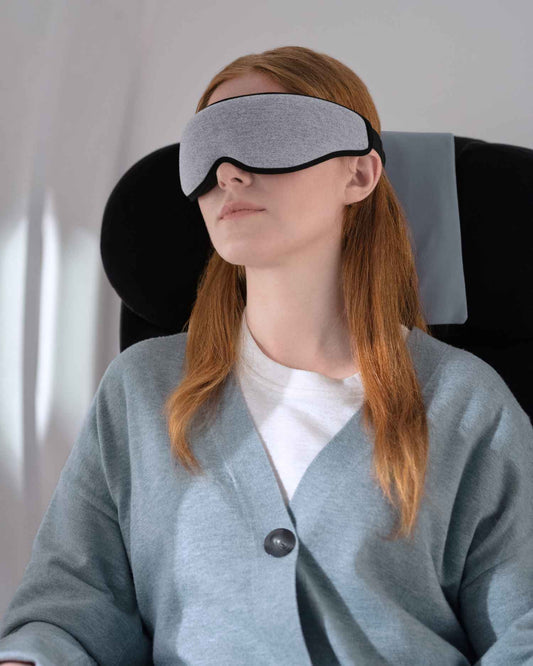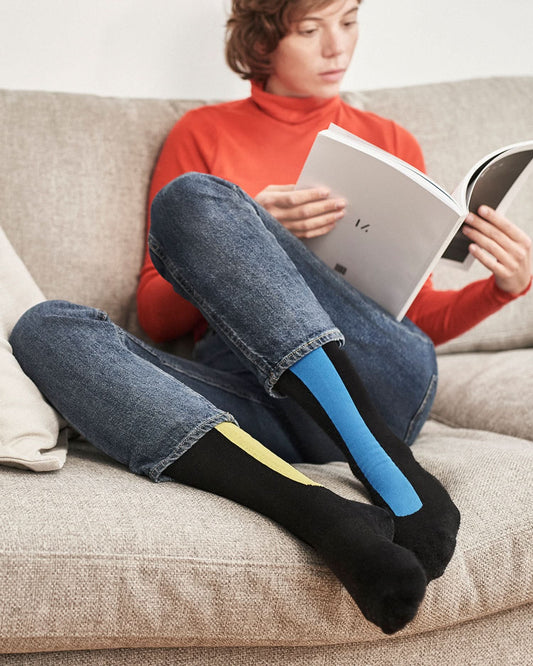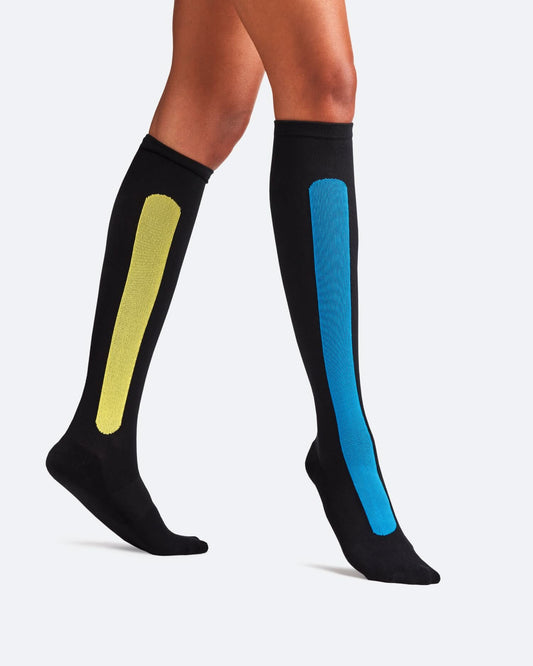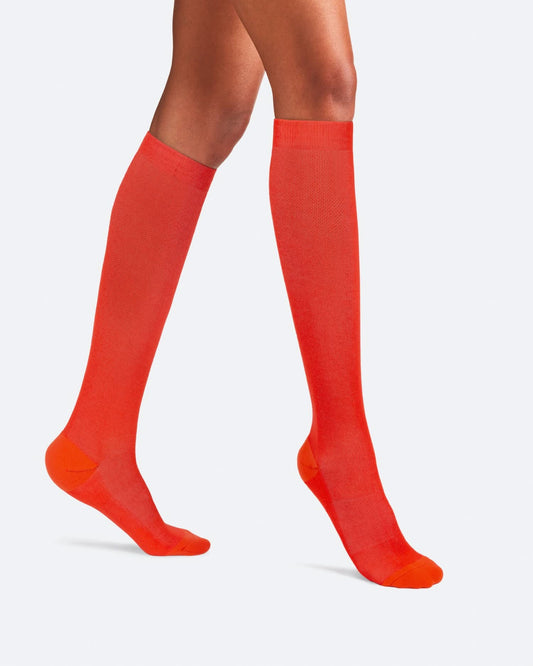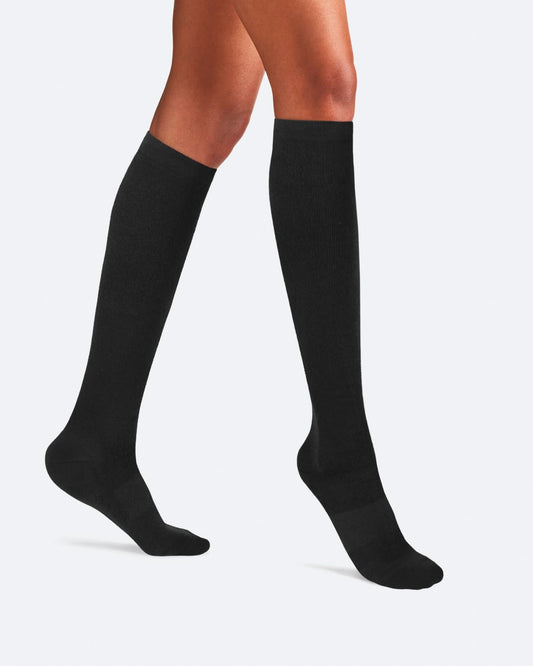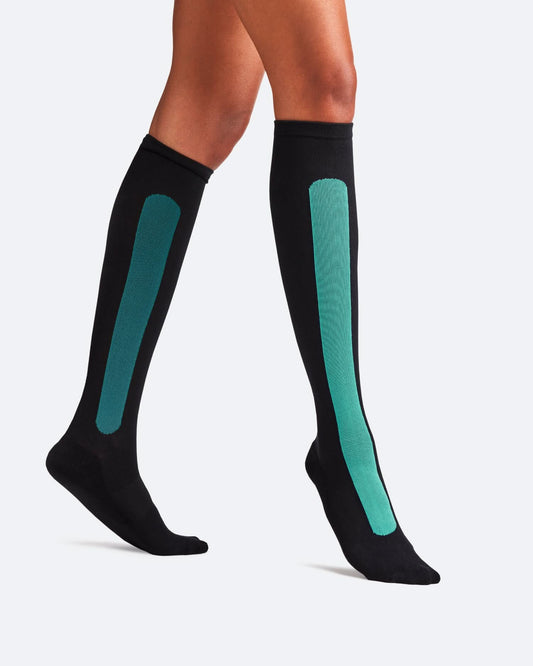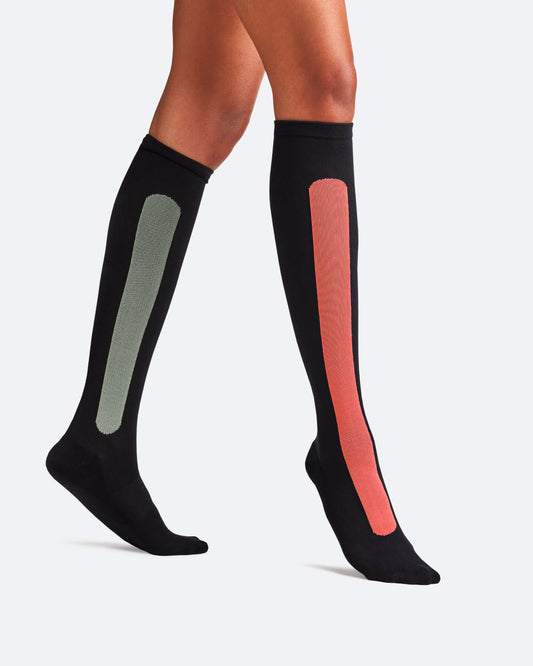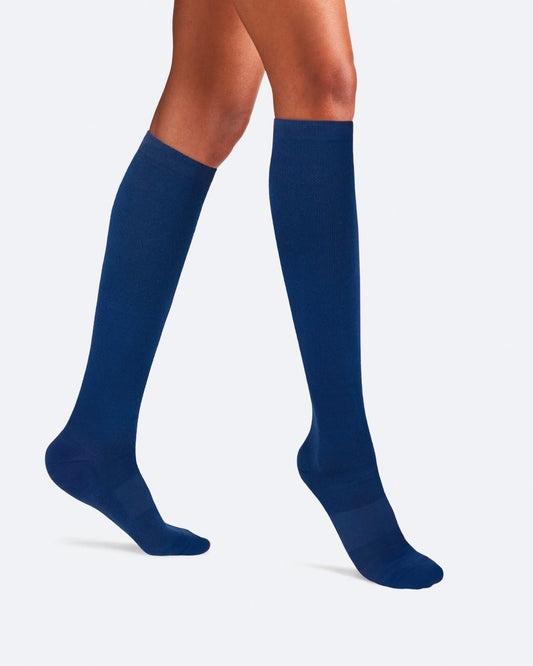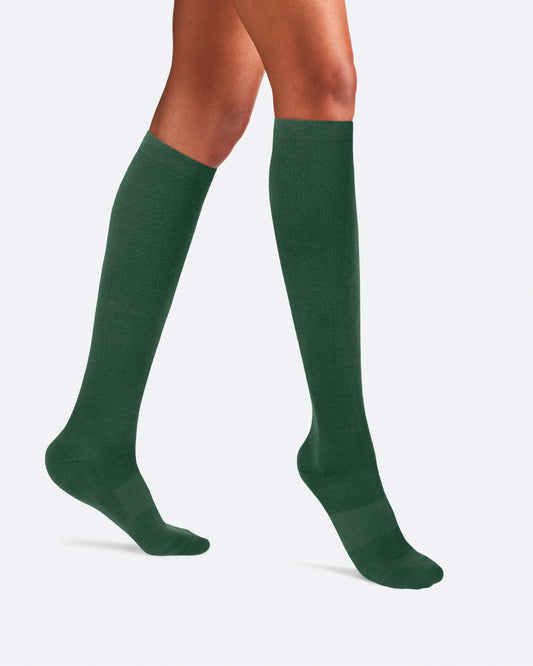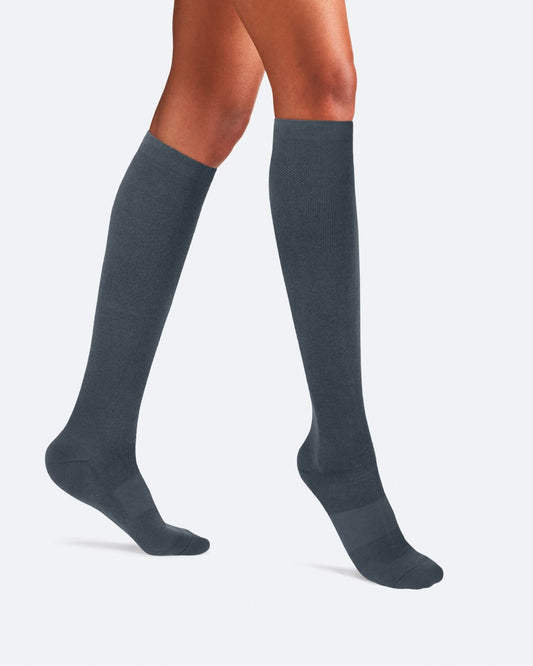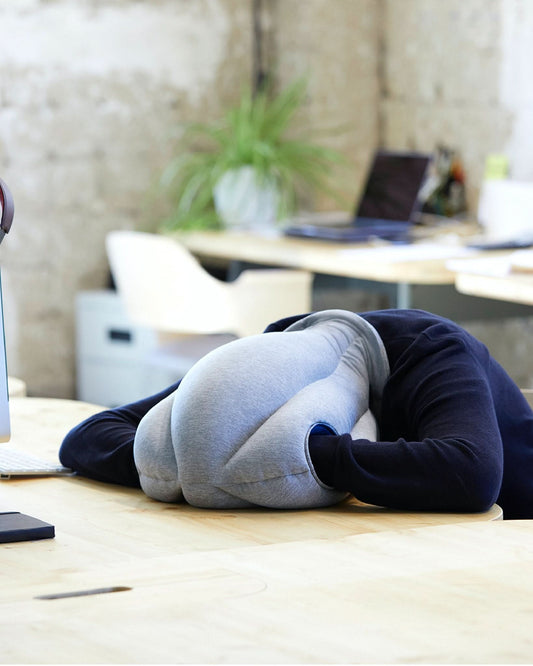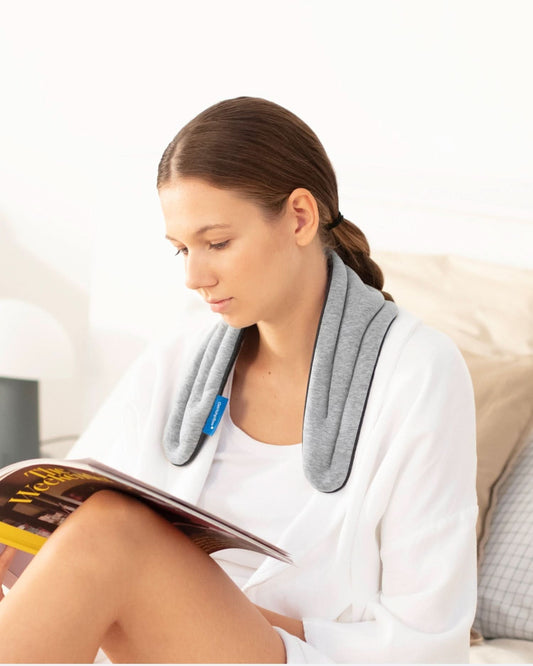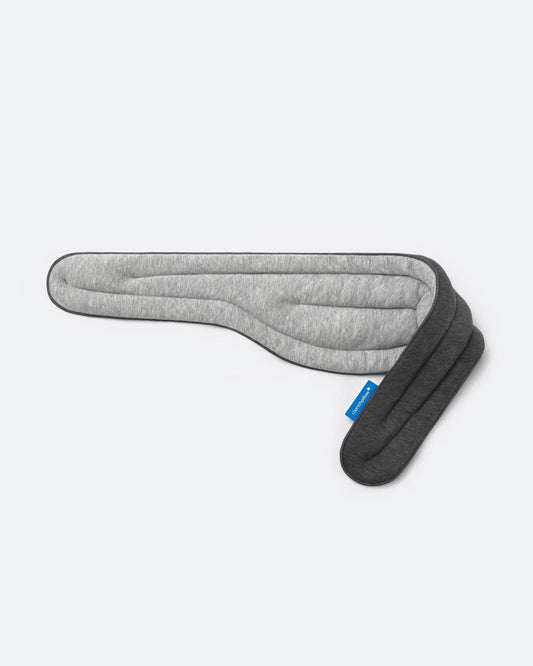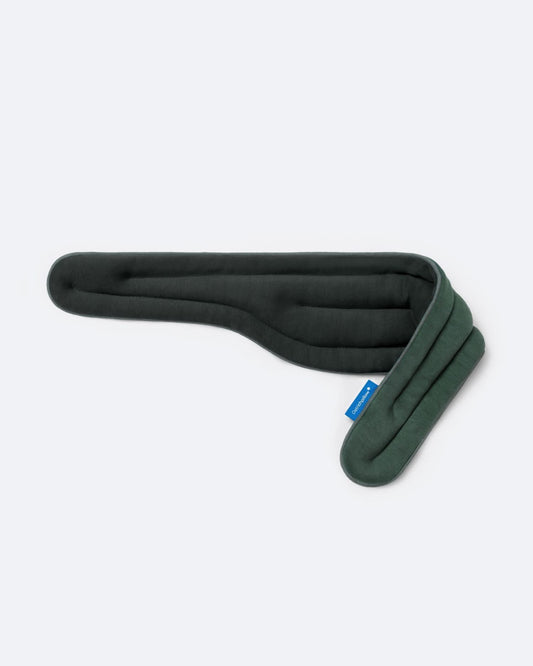
New innovations are helping millions of people find effective ways of switching off or risk burning out as work creep grows. The pandemic has forced people to use their homes as a central space for work and play and socializing, which has never happened before at such a pace. As a result, we are having to find the best ways to not only manage time and space at home, but also manage the energy levels of ourselves, and others we work with.
New domestic realities
The more people work, the less time they have to spend on Self-Care. During the pandemic many people envisaged a life of lie-ins and long lunches when covid-19 lockdowns forced their offices to close and working from home became routine. However, daily commutes have been replaced by endless emails and video-meetings. A new report by Atlassian, a developer of workplace software, found that people around the world are working for longer, on average, than they did before the pandemic – especially into the evening.

With high levels of stress continuing to be a major health concern, consumers are looking to floral remedies to bolster their physical and mental health. Graphic design studio Osk Studios and Space10 are exploring how to help people better understand their feelings. Their conceptual project, Mood Blossom, proposes a new method of communicating emotions using visualizations of flowers. It presents an AI-generated flower that changes shape and color in response to user feedback around their current state of mind. Once the assessment is complete, users are encouraged to keep the flower image in their home. By doing so, the project seeks to shift mental wellbeing away from clinical aesthetics.
Releasing the pressure
Meanwhile, there is a growing backlash against persistent betterment as consumers realize that a goal of having it all is leading to a deteriorating sense of wellbeing. The BBC has reported a rise in self-trackers who use various strategies – such as recording their activities every 15 minutes – to analyze their life experiences in the ultimate act of betterment. And according to Ace & Tate, 92% of us feel pressure from society to always be progressing.

Consumers will increasingly develop an attitude to work that prioritizes personal fulfillment above striving for success. More and more millennials are now taking a step back from current workplace stressors and digress to the level of an intern, according to Deloitte. As an alternative, many millennials who began in traditional career-track jobs have started to regard internships as an opportunity to relaunch careers, or switch professional paths before it becomes too late. “Without perspective, people can continue on a hamster wheel of life wondering why burnout, boredom and complacency result,” says Sue Hawkes, author of Chasing Perfection.
The art of mindlessness
In addition, raised in the attention economy, more of us will remind ourselves how to embrace the state of being bored. The increasing popularity of niksen – a Dutch relaxation technique that encourages stillness and sanctioned daydreaming – represents a re-appraisal of how we view idleness. One benefit of niksen is that it can help people come up with new ideas, according to Ruut Veenhoven, a sociologist and professor at Erasmus University Rotterdam in the Netherlands who studies happiness and the director of the World Database of Happiness. “Even when we ‘niks,’” or do nothing, “our brain is still processing information and can use the available processing power to solve pending problems,” he says, which in turn can boost one’s creativity. This could manifest in having a breakthrough solution to a problem on a walk or a great business idea reveal itself while daydreaming.

Positive boredom
Brands will increasingly innovate with the renaissance of the ‘hobby’, as consumers learn to recognise the value in repetitive and mindless activities. Temporary Academy for Un/Re/Learning is a programme based in The Philippines that enables students to learn deeper human skills such as drawing and making music from a number of ‘dropouts, minorities and outcasts’.
Nature can also incur positive boredom. Shackleton Whisky for example lures consumers into Britain’s connectivity-free rural areas with a series of interactive maps. Meanwhile, the Feminist Bird Club, which brings LGBT+ consumers, women and people of colour together for bird-watching activities, has reached more than 2,500 members worldwide. ‘[Birding] just reset my goals in life,’ says Ryan Mandelbaum, who has re-organised his life to center on birdwatching. ‘Rather than pursue success, now I just pursue doing the thing I like.’
Mindlessness Rising is one of the 5 Self-Care Trends for 2022 identified by Ostrichpillow and Tom Savigar, founder of Avansere, to offer what we all need most at this unique time: new rituals and habits to take wellbeing and happiness into our own hands.
Check the other 4 trends:
Movertainment: exercise as a form of entertainment and escapism.
Curator Culture: coping with too much data and people’s attention spans getting shorter.
Meditative Design: demystifying personal development and encouraging positive moods.
Restful Realities: new solutions for one of the most neglected aspects of wellbeing – sleep.
Ostrichpillow.
Self-Care Matters.
Want to feel good?
At Ostrichpillow we're all about Self-Care and wellbeing. Join our community and you'll receive special offers and inspiration fresh to your inbox.
Photo by Geraldine Lewa on Unsplash
Photo by Priscilla du Preez on Unsplash














